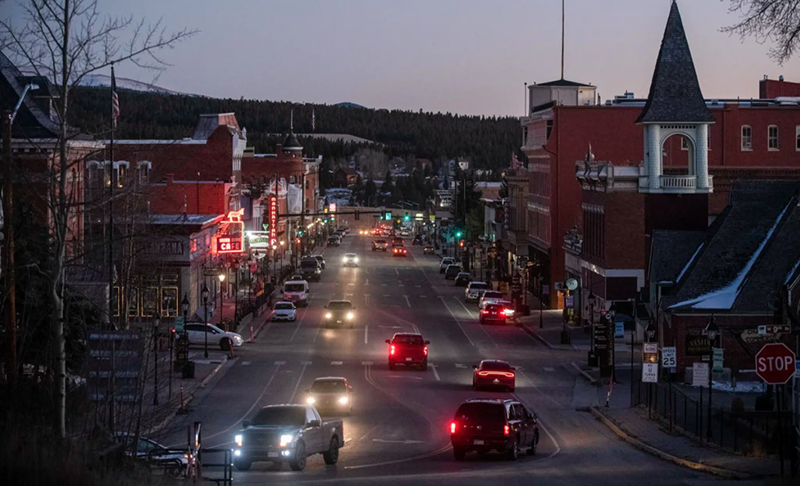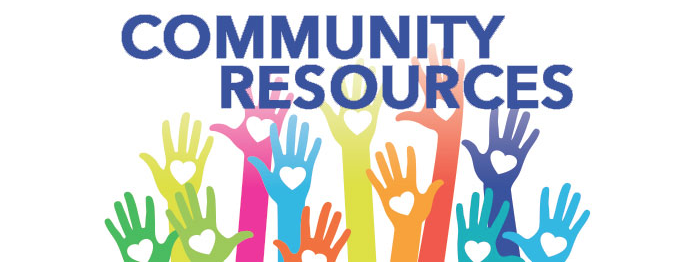Cities and counties will vote on measures, like tax increases and curbs on Airbnb, aimed at creating more affordable housing.
||| FROM NEW YORK TIMES ||| REPRINT AT REQUEST OF READER
LEADVILLE, Colo. — A small-business owner in a town fueled by vacationers is an unconventional proponent for a tax increase on tourists. But Marcee Lundeen sees few other choices.
Gearing up for ski season at her restaurant along the main drag of this fabled mining town perched at 10,000 feet between clusters of resorts, she is going to have trouble finding workers, she said, because few of them can afford to live in Leadville anymore.
“I don’t look at this politically, I look at it economically,” said Ms. Lundeen, co-owner of the Golden Burro. A sign in the window promotes a ballot measure on Tuesday that would charge visitors staying at hotels, motels and short-term rentals a 3 percent tax, earmarked to create more affordable housing. “I have several potential employees not able to work for us because there is no place to live. That was a motivating factor,” she said.
The Leadville initiative is one of nearly a dozen measures that will be on the ballot in Colorado to address the state’s growing housing shortage, one that predates but now mirrors hundreds of communities around the nation. Numerous other counties and towns, especially in the West, are mulling similar initiatives on Tuesday’s ballot, as housing stock remains scarce and prices remain high.
Years of stalled building, labor and supply problems and the rise of short-term rentals like Airbnb have all contributed to the housing shortage, which has frustrated first-time buyers, squeezed renters and contributed to homelessness.
Migration patterns during the coronavirus pandemic have worsened the problem in some places as people shift from more expensive cities to new areas, boosting prices as they alight in search of the closest Trader Joe’s. The median existing-home price was $352,800 in September — up 13.3 percent from the same period last year, and the 115th straight month of year-over-year increases, according to the National Association of Realtors.
While the Biden administration is seeking billions of dollars for rental assistance and housing in its giant economic policy bill, the federal government has largely stayed out of the problem for years, leaving states, localities and, at times, citizens to step up.
“I am not promoting taxes on anybody,” said Jerry Howard, chief executive of the National Association of Home Builders. “But absent the federal government’s ability to get its act together, state and local governments are going to have to take on more burden.”
Voters in three cities in Colorado will decide this week whether to approve excise or accommodations taxes on short-term rentals that would go toward new housing, while Vail and Crested Butte, high-end resort towns, will vote on a sales tax that would also go to new housing initiatives.
In Lincoln County, Ore., the only item on the ballot this week would require the phasing out of short-term rental homes in unincorporated residential areas, and place other restrictions on those properties. Other cities are contemplating similar measures to rein in Airbnb-style rentals, which they believe have priced out residents from long-term housing.
In St. Paul, Minn., residents will vote on a rent-control measure, an issue that has become central to the mayor’s race in Boston as well. “The Twin Cities is one of the few remaining affordable metro areas,” said Tram Hoang, the manager of efforts in Minnesota. “We have felt the crunch as rental and purchasing home prices rise.” Under the proposal, St. Paul would cap annual rent increases to 3 percent.
Other voters around the country, like those in Albuquerque, will weigh in on new bonds that would finance the construction and rehabilitation of low- and moderate-income housing.
READ FULL ARTICLE: www.nytimes.com/2021/11/01/us/politics/ballot-initiatives-voters-voting.html
**If you are reading theOrcasonian for free, thank your fellow islanders. If you would like to support theOrcasonian CLICK HERE to set your modestly-priced, voluntary subscription. Otherwise, no worries; we’re happy to share with you.**








From the above article; This absolutely must be considered in San Juan County, it’s almost too late at this stage;
“Voters in three cities in Colorado will decide this week whether to approve excise or accommodations taxes on short-term rentals that would go toward new housing, while Vail and Crested Butte, high-end resort towns, will vote on a sales tax that would also go to new housing initiatives.
In Lincoln County, Ore., the only item on the ballot this week would require the phasing out of short-term rental homes in unincorporated residential areas, and place other restrictions on those properties. Other cities are contemplating similar measures to rein in Airbnb-style rentals, which they believe have priced out residents from long-term housing.”